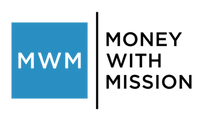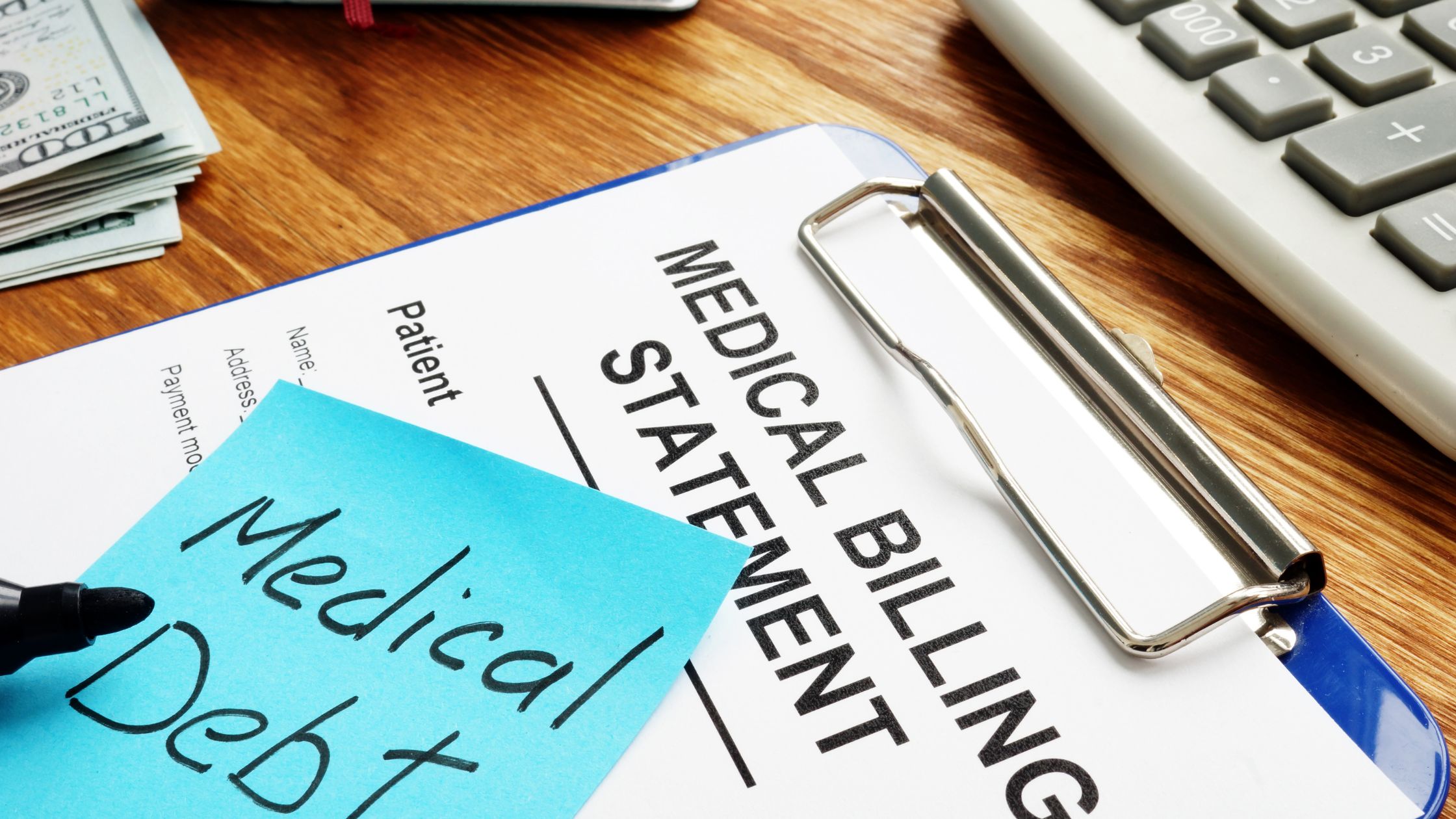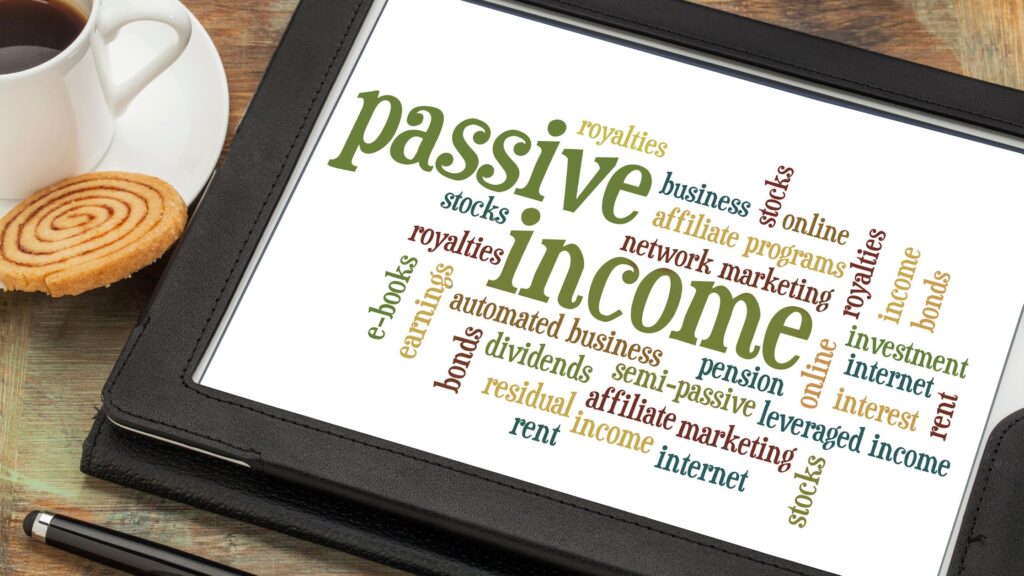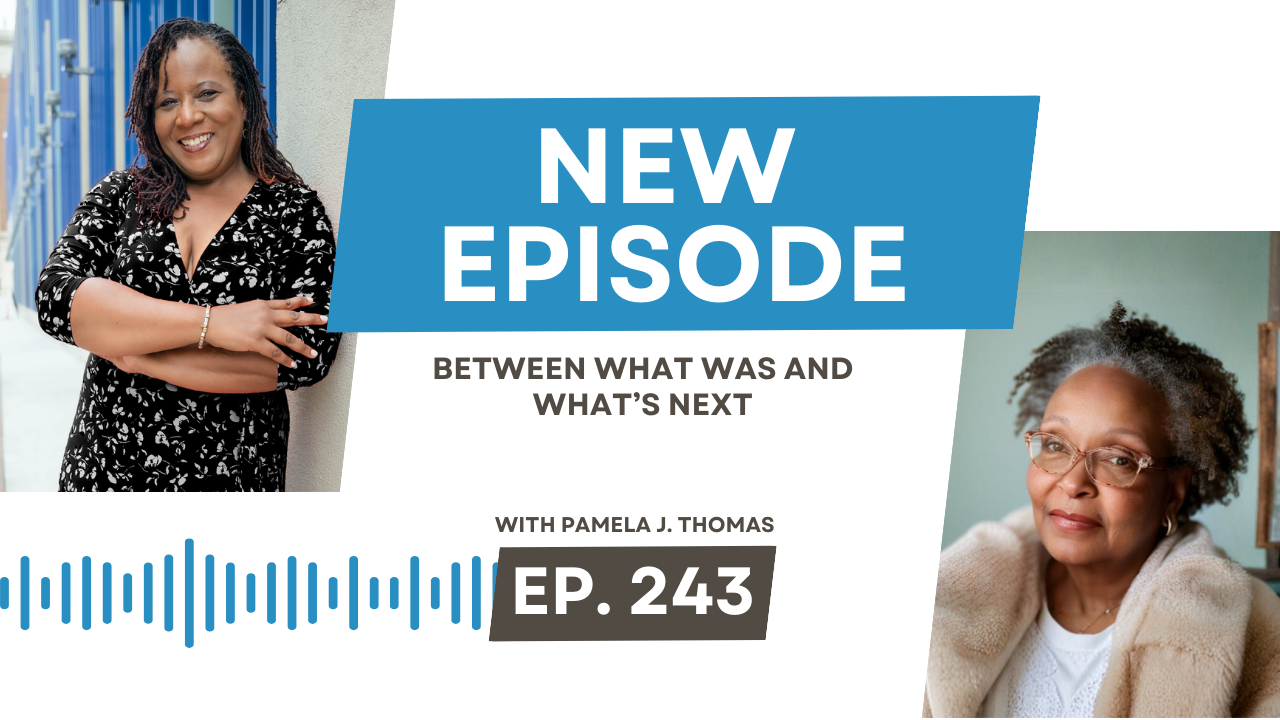Medical debt is a significant challenge in the United States, affecting millions of families. It’s more than just a financial issue; it can impact your well-being and relationships. In the latest Money with Mission podcast episode, Dr. Virgie Bright Ellington discussed strategic insights focusing on converting financial vulnerabilities into strengths and taking control of your financial health. Now, let’s explore how financial preparedness can help mitigate medical debt and provide peace of mind.
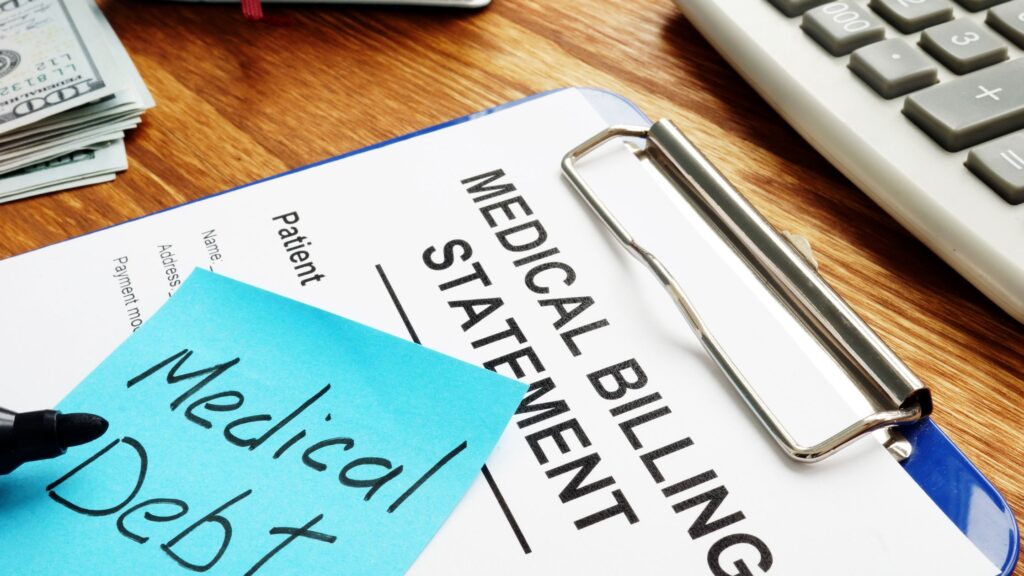
Understanding the Medical Debt Crisis
Medical debt has become the leading cause of debt and bankruptcy in the United States, reflecting a unique and pervasive problem that devastates families across the nation. This financial burden extends beyond mere monetary concerns, infiltrating every aspect of personal and familial life, creating immense stress and financial instability.
Medical debt arises when individuals cannot afford to pay their medical bills, despite having health insurance. This can happen due to high deductibles, uncovered services, or unexpected medical emergencies. The sheer volume of this issue is staggering. According to a study published in the American Journal of Public Health, nearly two-thirds of bankruptcies are tied to medical issues, due to the costs of care and time out of work.
The Importance of Financial Preparedness
Financial preparedness is crucial for managing and avoiding medical debt. Dr. Ellington emphasizes that understanding your finances and being proactive can make a significant difference.
To begin with, establishing an emergency fund specifically for medical expenses is essential. This fund can cover unexpected costs and prevent debt accumulation. Additionally, understand your insurance coverage thoroughly to avoid surprise bills.
Furthermore, implementing practical strategies can help you stay financially prepared and reduce the risk of medical debt.
-
Communicate with Healthcare Providers: Discuss your financial situation with your doctor. Many providers offer payment plans or sliding scale fees.
-
Invest in Health Savings Accounts (HSAs): Contribute to an HSA to save pre-tax dollars for medical expenses. This can provide a financial cushion.
-
Create a Budget: Include potential medical expenses in your budget. Regularly review and adjust it to stay on track.
The Role of Passive Income
One of the most effective strategies for financial preparedness is investing in passive income streams, which generate money even while you sleep. These earnings come from investments or business ventures that require minimal active involvement. By investing in rental properties or dividend-paying stocks, you can secure a steady income flow, providing financial stability and making it easier to manage unexpected medical expenses.
Empowerment through Knowledge
Education is a powerful tool in combating medical debt. Understanding medical billing, insurance policies, and patient rights can help individuals avoid common financial pitfalls. By educating themselves about the healthcare system, patients can identify errors, navigate insurance, and utilize available resources effectively.
Advocacy for Systemic Change
Advocacy plays a crucial role in addressing the root causes of medical debt. By raising awareness about the widespread impact of medical debt, individuals and organizations can push for systemic changes that benefit everyone. Effective advocacy can lead to:
-
Policy Reform: Advocates can push for laws to improve healthcare affordability and transparency, such as capping out-of-pocket expenses, requiring clear billing practices, and expanding affordable insurance options.
-
Institutional Accountability: Advocacy can ensure hospitals and healthcare providers are accountable for their billing practices, promoting fair pricing and patient-centered care policies.
-
Increased Support Systems: Advocacy can help create and expand support systems for those struggling with medical debt, including financial counseling, payment plans, and charity care programs.
Community Engagement and Support
Education and advocacy efforts often start at the community level. Therefore, by engaging with local organizations, individuals can:
-
Share Information: Community workshops and seminars on medical billing and financial literacy can help people manage their healthcare expenses more effectively.
-
Build Networks: Creating support networks allows individuals to share experiences and resources, offering emotional and practical help to those facing medical debt.
-
Amplify Voices: Grassroots advocacy can amplify the voices of those burdened by medical debt, highlighting their stories and driving collective action for change.
Medical debt is more than a financial burden; it affects personal and relational well-being. By understanding its impact and taking proactive steps, you can protect your financial stability and relationships. Financial preparedness, passive income, and education are vital tools in mitigating medical debt and building a secure future.
